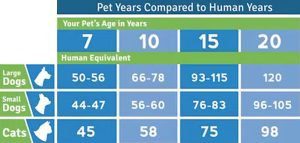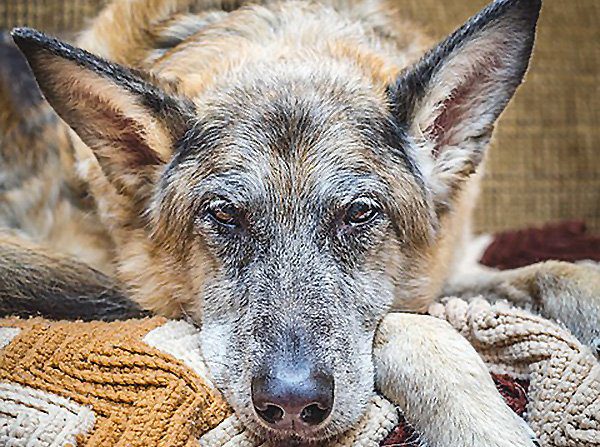
James R. Speiser, DVM, DABVP, CCRT
May 9, 2017
Thanks to better pet food and better medical attention, our furry friends are living longer lives than ever! But sadly, nothing can stop the aging process, and age is relative depending on the type of pet you have. For example, cats start to slow down at 10 – 12 years, small dogs are entering old age between 8 and 10 years old, and larger breed dogs like Great Danes may show signs of old age as quickly as 5 or 6 years.
As your pet ages, it is important to closely monitor their health to avoid issues such as cancer, chronic kidney disease, heart disease, diabetes or hyperthyroidism in cats. Sometimes these issues can be difficult to detect, but subtle changes in behavior can be indications of more serious problems. Things like not eating all of their food, loss of interest in favorite activities, asking to go outside more often, or having more accidents in the house can be telltale signs of early chronic disease.
To help combat the effects of aging, you should maintain the best diet possible for your pet (you’re regular veterinarian can help you determine the best food for them). Also, consider environmental changes, like ramps to help them get up and down decks and stairs, but the key thing is to continue regular visits to your veterinarian and have blood work and urinalysis done at least once a year. By doing so, your vet may see panel changes over time that are going in the wrong direction, even if they are in normal ranges. This can let you address issues early, before they become significant problems and do the most to extend your pets life.

